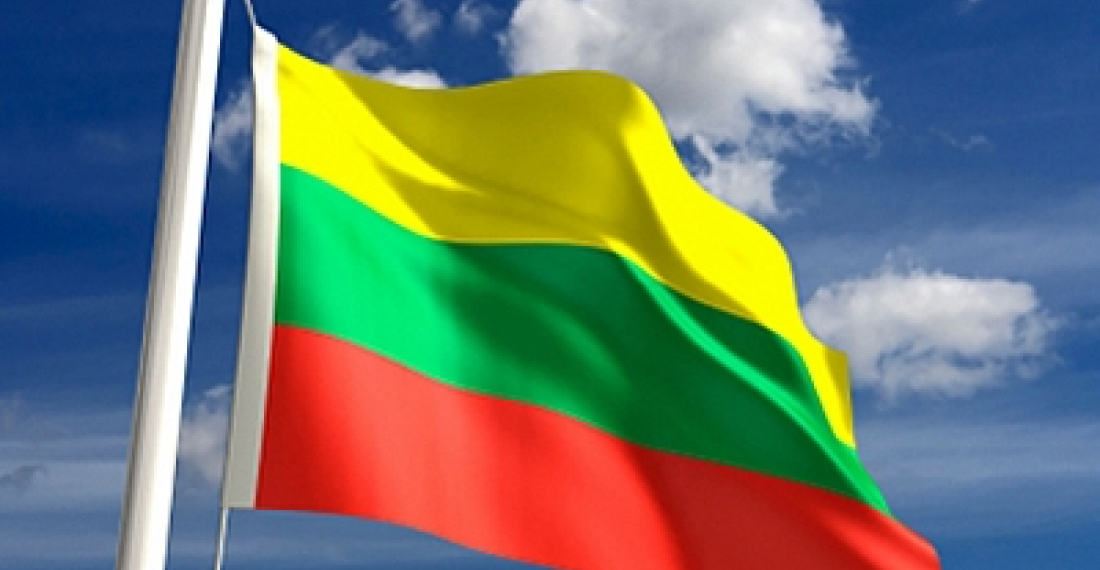"Lithuania's position is clear and unchanged, it supports the OSCE Minsk Group Co-Chairs, Lithuanian FM Audronius Azubalis said at a joint press conference with his Armenian counterpart Edward Nalbandian on Thursday in Yerevan.
He also added that the offers elaborated by the OSCE MG Co-Chairs are worth high appraisal. "The project is really a very good one, and we should support it. On the other hand, we support the solution to the issue within the UN Charter and the Helsinki Final Act," Azubalis said.
For his part, Foreign Minister of Armenia Edward Nalbandyan said that in Astana supported by her counterparts from France and Russia US Secretary of State Hillary Clinton said that all the principles for the Nagornyy Karabakh conflict settlement were involved in the package of documents and settlement of the conflict is possible only if all the elements of the package are observed. Nalbandyan said there could be no other approach as exclusion of any element will rule out settlement of the conflict. He also added that the positions of Armenia and the OSCE MG co-chair states fully coincide. As for Azerbaijan's statements, they just hinder settlement of the conflict, he said and added that they are simply the attempts to throw dust into the eyes of its own society.







